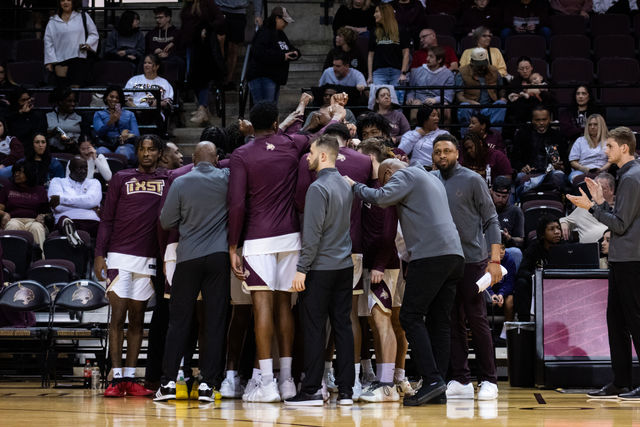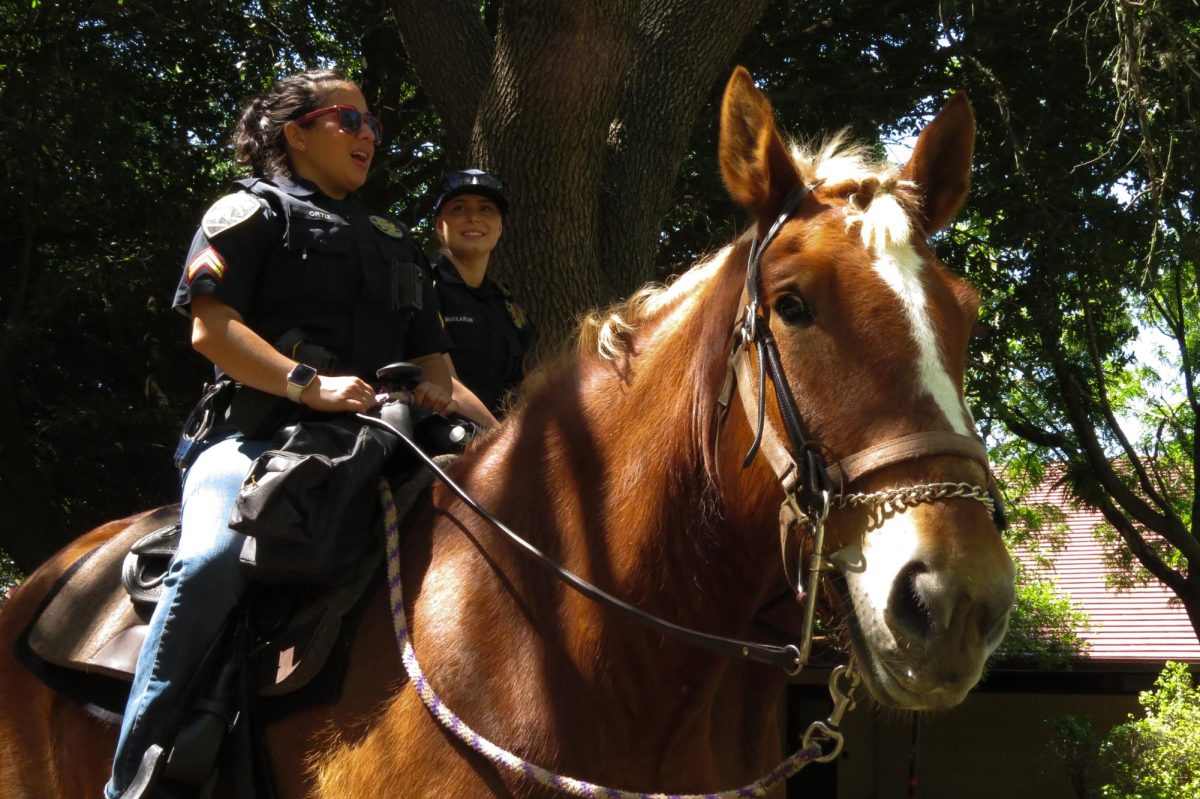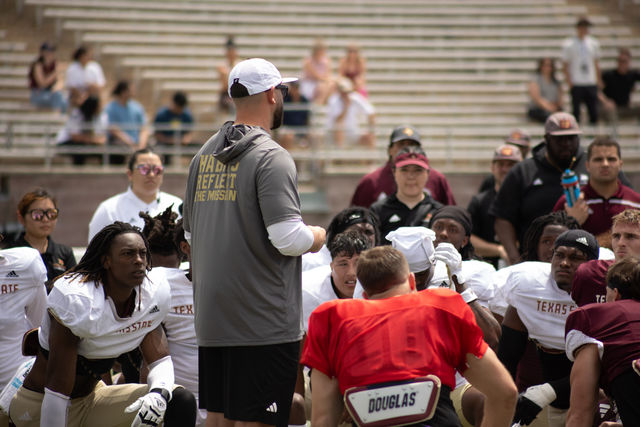The rhetoric surrounding journalism in the Trump era is dangerous and hostile for journalists at large. In an age of fake news, shoddy journalism and Trump positioning the press as enemies of the American people, the First Amendment is consistently being brought into question. What this means for budding journalists, students especially, is that journalism’s landscape is rapidly changing, and a free student press is needed now more than ever.
#studentpressfreedom allows the general public to obtain information about local, national and international issues from a wide variety of sources that ideally have no restrictions from the government placed on them. A free press is not only a vital component of informing the public, but it also is an essential cornerstone of democracy.
While all forms of the press are targets of anti-media rhetoric, student press is especially in danger. The First Amendment protects Americans’ rights to freedom of the press, but the student press doesn’t seem to receive the same respect for free speech from their university administrations.
According to the Foundation for Individual Rights in Education (FIRE) and the Student Press Law Center (SPLC), student press censorship comes in the forms of prior restraint, prior review, funding denial, newspaper theft and the firing of student press advisors. These methods of intimidation and attempts to silence student press are unconstitutional and are dangerous to the freedom of expression.
Having committed or attempted a number of these offenses, Texas State remains one of the worst campuses for free speech according to the FIRE organization.
2018 marked the 30th anniversary of Hazelwood School District v. Kuhlmeier, which was a court case that unleashed what is deemed a censorship tsunami for student press. In a 5-3 vote, the Supreme Court ruled that when students at a primary and secondary level use a forum run by their educational institution—such as school newspapers—the school can skim some First Amendment protections off the top. Schools no longer had to prove student press as disruptive in order to censor it.
The court case is a devastating setback for student journalists across America, and it shapes how some educational institutions handle student press. The former executive director of SPLC, Frank LoMonte, says that there are probably three times more journalists in America working for school credit than for a paycheck. However, unlike professional journalists, student press outlets do not always have the skills or financial means to combat censorship and/or the denial of access to public records.
Organizations such as the SPLC and New Voices assist student press outlets in finding legal help if they fall victim to the ruling of the Hazelwood case. The SPLC aims to promote, support and defend the rights of student journalists at the high school and college levels. New Voices is a project from the SPLC that works with advocates in law in order to create more spaces for student voices at high schools and colleges.
These organizations are not the only ones who see the importance of protecting student media. Former journalists and current Virginia legislators Christ Hurst and Danica Roem introduced HB 2382, a bill backed by the SPLC that intends to allow student journalists at public elementary, secondary and higher education institutions the freedom of speech in school-sponsored media. Private institutions are not protected under this bill, however.
Using student press to share information and tell stories from an array of diverse backgrounds should never be censored or repressed. Attempting to gag student press hinders students from effective civic learning and devalues the First Amendment. Protecting student press is imperative to not only creating future journalists but also to developing citizens who are willing to challenge figures of authority when their rights are infringed upon.












